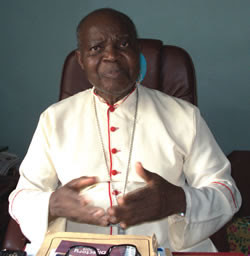Every second of November is proclaimed as the International Day to
End Impunity for Crimes against Journalists as members of states are urged by
the United Nations General Assembly to implement definite measures in
countering the present culture of impunity. However, according to the
Global impunity Index report published by the Committee to Protect Journalists,
CPJ, there have been several cases of impunity on murders of journalists in
countries where ‘democracy’ is practiced.
It is
indeed painful when people capacitated by the power of the constitution in
carrying out their duties, are being killed on a regular basis around the
world; and their perpetrators are not prosecuted.




















